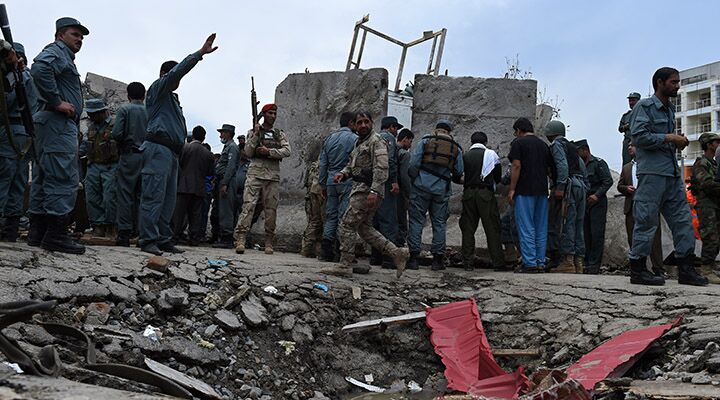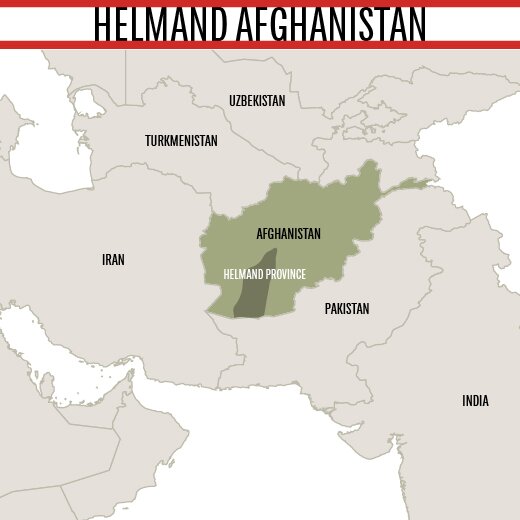
Afghanistan: ‘Survival Will Be an Achievement’
Afghanistan will be a “success”—if it survives 2016. That was the somber assessment of Nicholas Haysom, the United Nations’s top envoy to the war-ravaged nation.
“Some may criticize this benchmark as being low,” Haysom told the UN Security Council in New York on March 15. “Yet Afghanistan must overcome each and every one of these five hurdles to avoid severe consequences.” Those hurdles Haysom listed are: economic meltdown, intensifying violence and insurgency, fractious elites, diminishing foreign aid and an elusive peace.
In 2012, coalition forces expected that a liberated Afghanistan would earn $1 trillion from its mineral wealth and that its economy would grow by 8 percent annually. “It is now clear” that none of that will happen, assessed Haysom. Unemployment is high, and Afghans are migrating en masse.
Additionally, corrupt Afghan officials have wasted more than $700 million of developmental aid from the United States, according to the office of the Special Inspector General for Afghan Reconstruction.
The war in Afghanistan killed or maimed 11,000 Afghan civilians last year. Yet according to U.S. National Intelligence Director James Clapper’s congressional testimony in February, “fighting in 2016 will be more intense than 2015, continuing a decade-long trend of deteriorating security that will compound [Afghanistan’s security and political] challenges.”

nato Secretary General Jens Stoltenberg echoed Clapper’s assessment during his March 15-16 visit to Afghanistan. “We have seen different terrorist organizations trying to establish themselves in Afghanistan,” he told the Associated Press. “We have seen the presence of al Qaeda, [the Islamic State], the Taliban and all the groups, and they are still in Afghanistan.” He added, “There is going to be continued fighting, and we have to expect that there are going to be new attacks on the government forces.”
While the United States and other supporting nations have urged the Afghan government to extend an olive branch to the Taliban, the terrorists want jailed fighters freed, their top members removed from UN blacklists, the full withdrawal of foreign troops, and a continuation of the war for control of Afghanistan.
According to data compiled by the Long War Journal, the Taliban already controls 40 districts in Afghanistan, and it’s contesting another 39. That’s more Afghan territory than at any point since the U.S.-led invasion in 2001.
In Helmand—the province American and British troops vacated in October 2014 after a decade of warfare—the Taliban controls five of its 14 districts, and it’s contesting another six. In fact, as the Wall Street Journal reported in June 2015, that hasty withdrawal made it a lot easier for terror sponsors like Iran to smuggle arms to the Taliban.
Afghanistan is a graveyard of empires and superpowers, as we wrote in our January 2015 Trumpet. By nearly all accounts, the American-led invasion is a colossal debacle that, at best, has failed to improve Afghanistan. To understand why the U.S. could succeed so impressively in some ways but also fail so epically in others, read our free book The United States and Britain in Prophecy.
